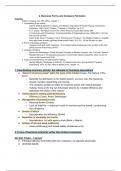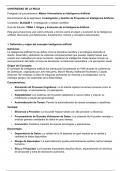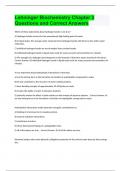Class notes
UCL 2022-23 Lecture notes: Business forms and company formation
- Course
- Institution
- Book
Includes a list of secondary sources on the nature of the firm and company formation. Covers different views of the firm as organising economic activity, forms of business enterprise, company formation (LLPs, limited by guarantee, limited by shares, public vs. private companies), and more.
[Show more]













